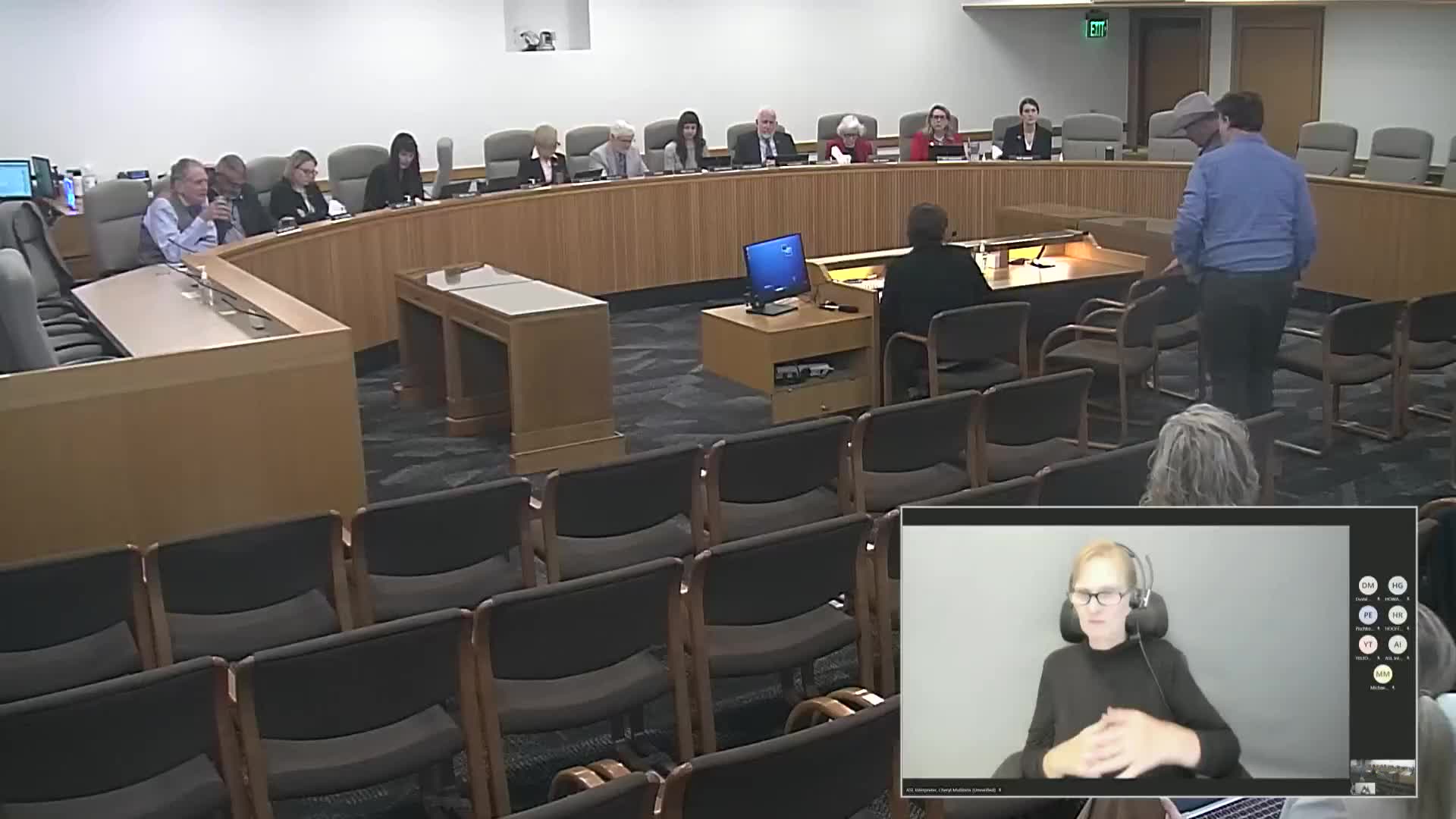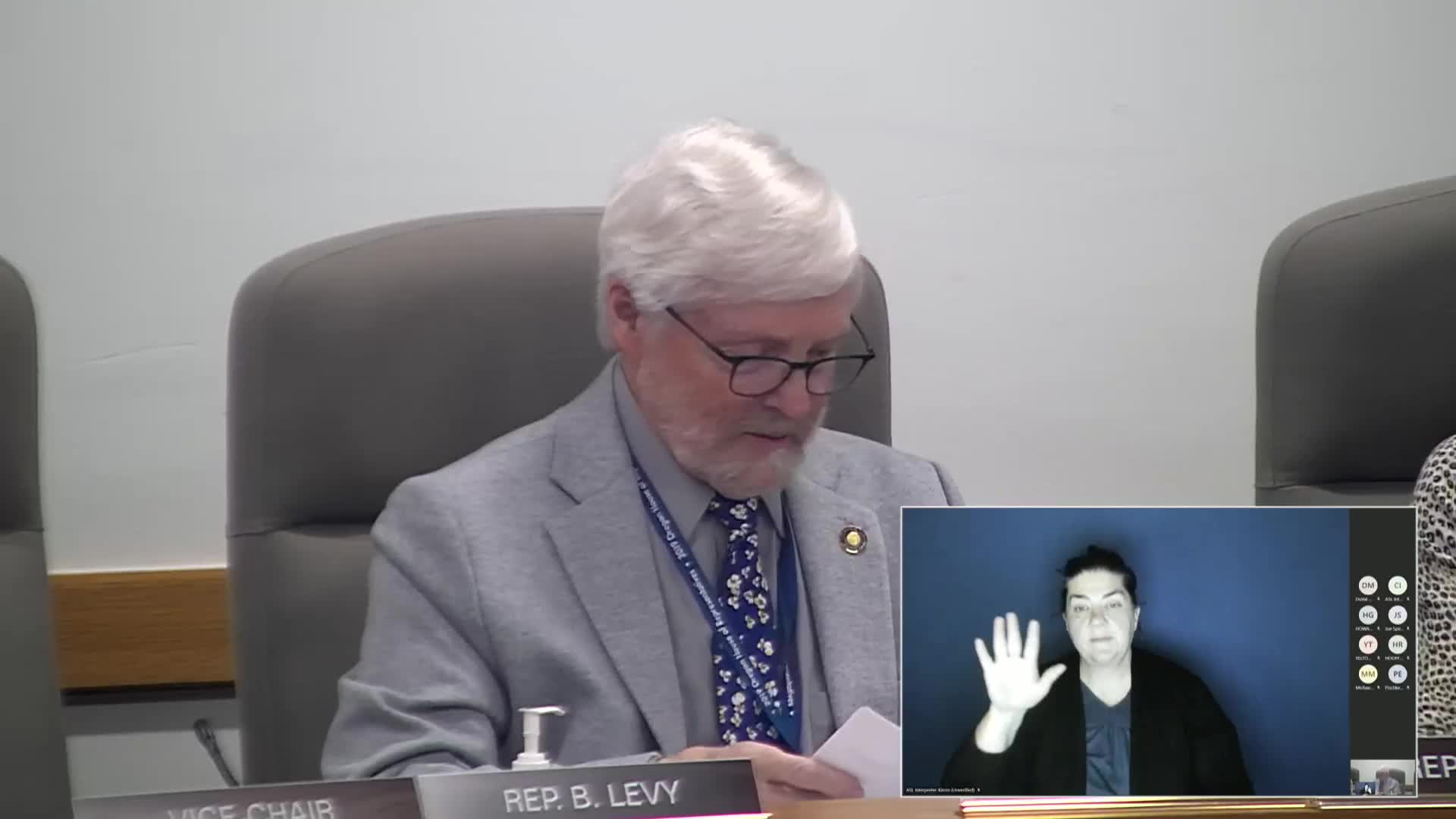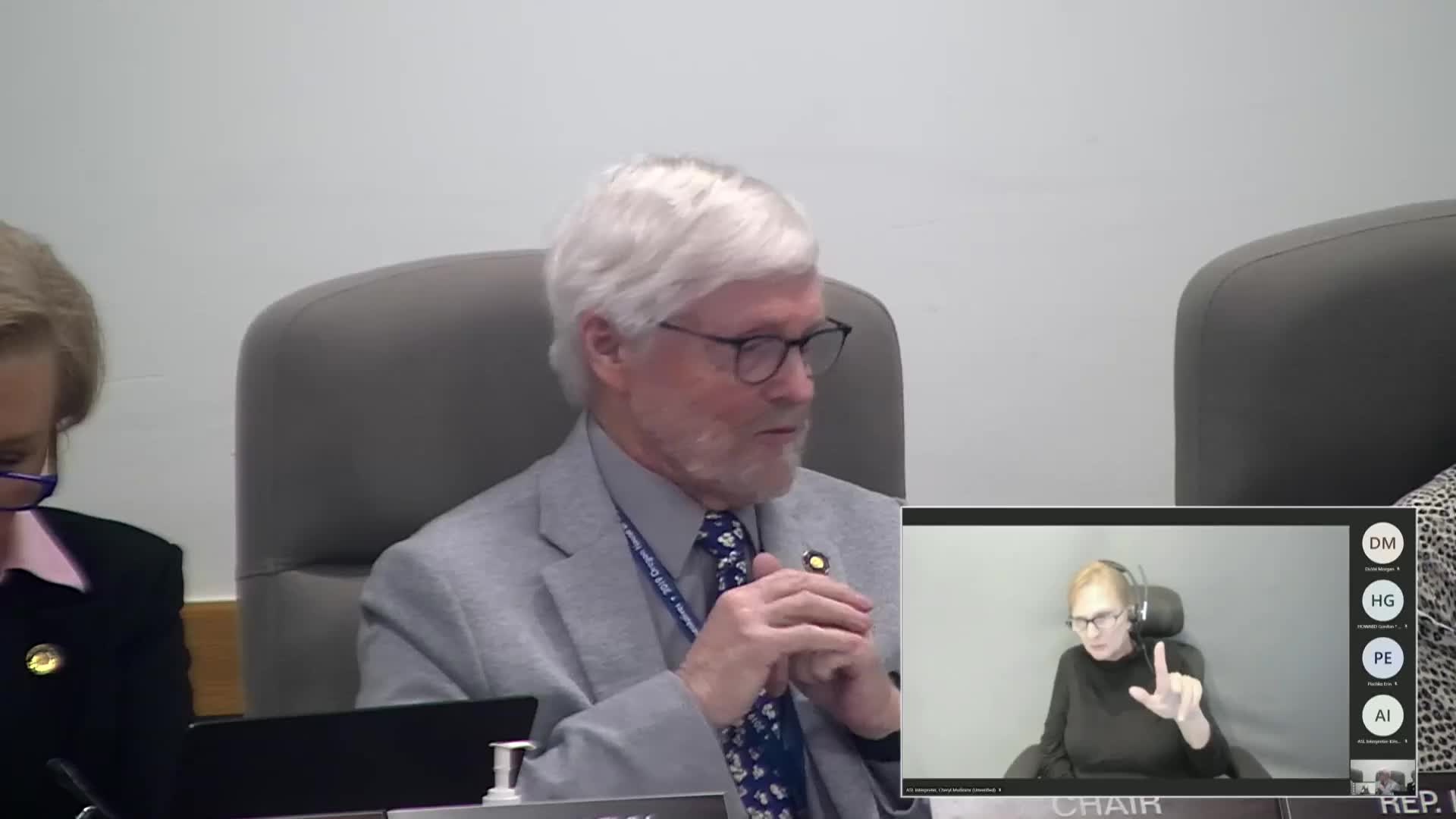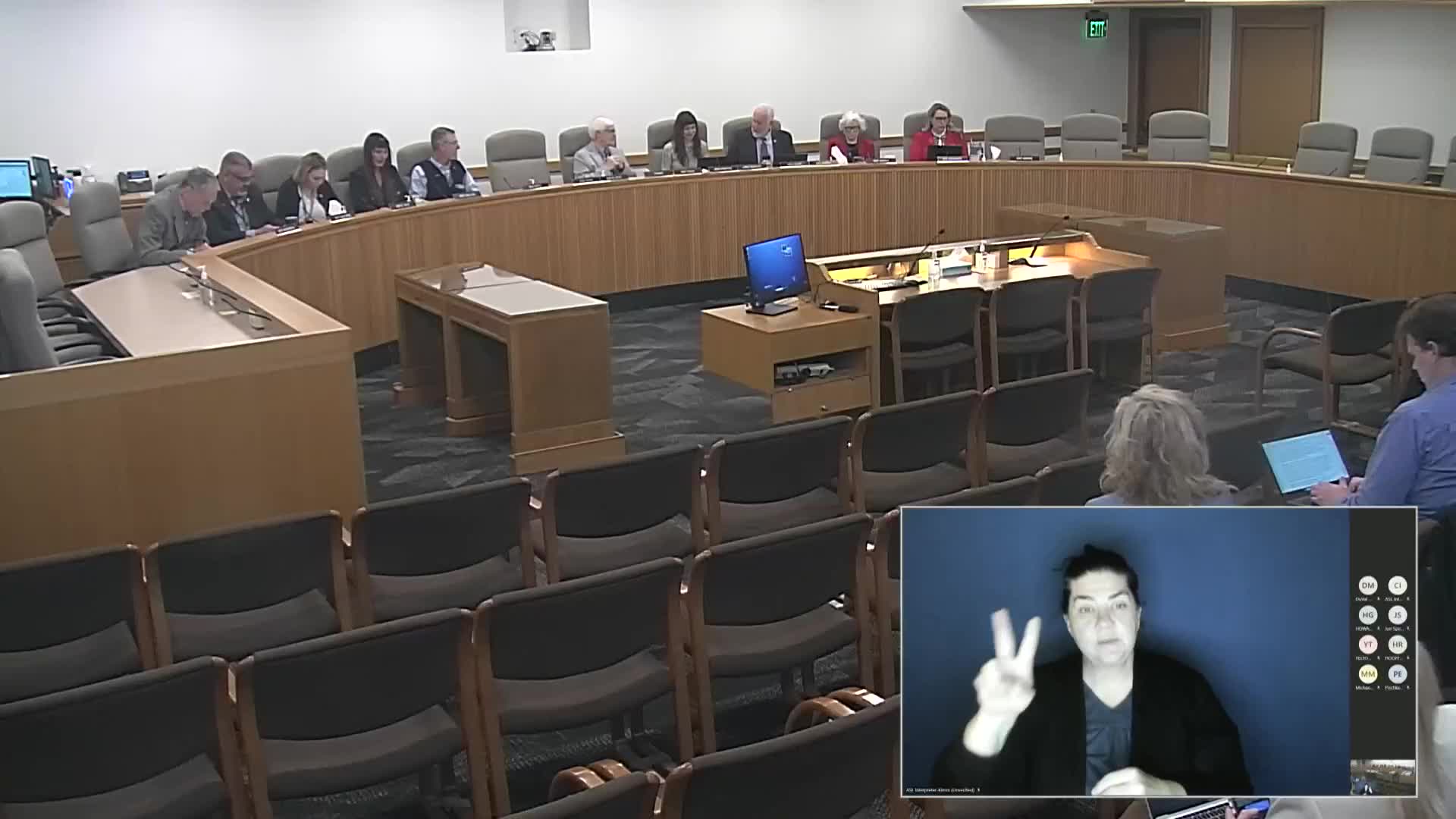Article not found
This article is no longer available. But don't worry—we've gathered other articles that discuss the same topic.

Agrivoltaics task force proposed to study co‑location of solar and farming in Oregon

Small cities push for lagoon‑specific operator certification as DEQ, test provider revise exams

Landscape contractors back rebate for battery leaf blowers, cite high upfront costs and charging challenges

